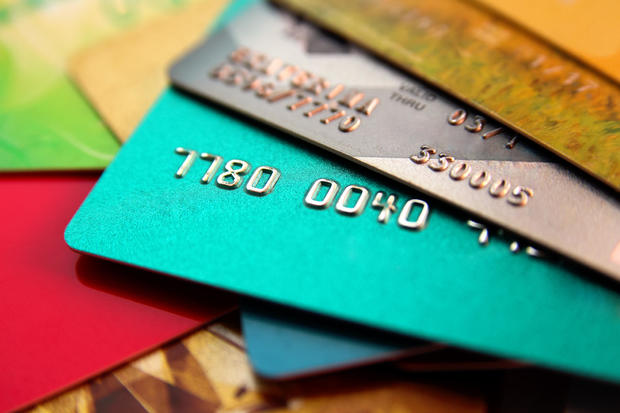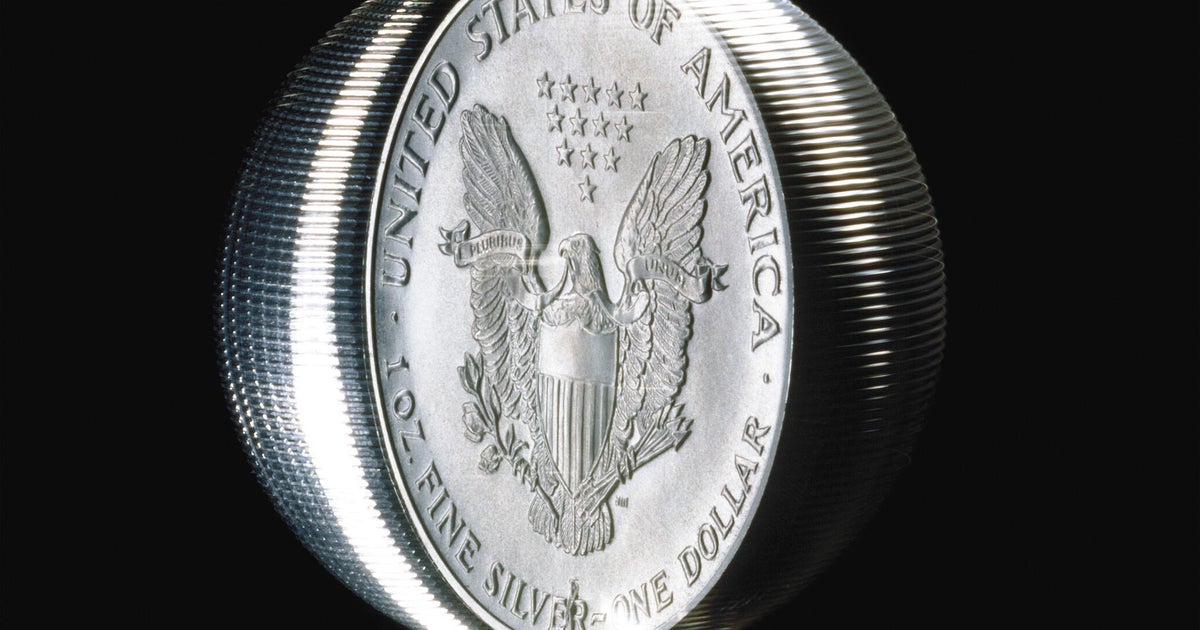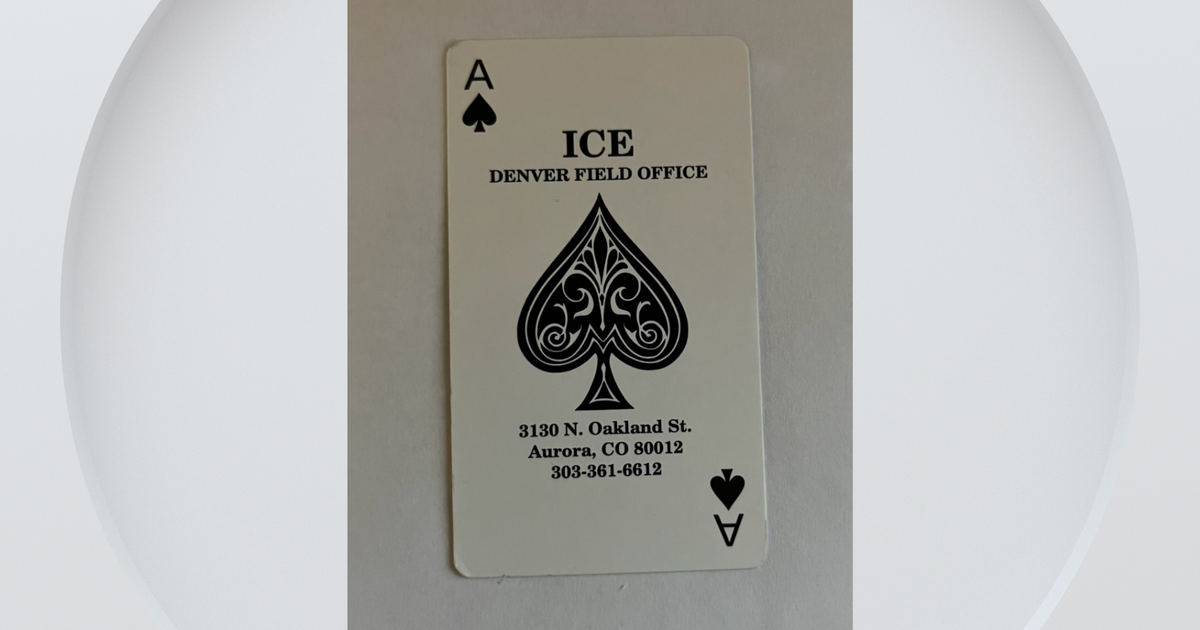Credit card maxed out? Here are 3 things to do (and 3 to avoid)
Issues with credit card accounts have been compounding recently as more Americans struggle to keep up with high inflation and soaring interest rates. For example, the credit card delinquency rate jumped to nearly 9% during the first quarter of 2024. And, recent data shows that many cardholders — and members of Gen Z in particular — are now facing issues with maxed-out credit card accounts, too.
Part of the issue is that the current high inflationary environment is putting a strain on household budgets, with the latest inflation report showing that prices for essential goods and services are rising at a pace of 3.4%. At the same time, the Federal Reserve has held interest rates at a 23-year high over the last several months in an effort to tame inflation, which has pushed the average credit card interest rate to over 21%. This potent combination of higher costs and borrowing rates is causing many people's finances to become stretched.
Having a maxed-out credit card or two is not only stressful in many cases, but it can also have a tangible impact on your finances. That's because when your credit utilization is high, it can negatively affect your credit score, making it harder and more expensive to borrow money in the future. And, the compounding interest charges on a maxed-out card can quickly spiral out of control, making it even more difficult to pay off the debt. Fortunately, there are a few moves you can make (and a few you should avoid) if you're dealing with this issue.
Compare your debt relief options and find out what help is available to you here.
Credit card maxed out? Here are 3 things to do
If you find yourself in the unfortunate situation of having a maxed-out credit card, it's important to take action. Here are a few things you may want to do if you're dealing with this issue:
Inquire about credit card hardship programs
During times of financial hardship, many major credit card issuers offer relief programs to customers that can provide some breathing room in terms of your payments. These programs may allow you to temporarily reduce or suspend your minimum payments, waive late fees or even reduce your interest rate for a period of time.
Reaching out to your card issuer and explaining your situation is often the first step to accessing these hardship programs. You may also have to provide documentation related to the specific hardship you're facing, whether it's a short-term issue like a job loss or a chronic medical condition that's impacting your finances. But that can be a small sacrifice to make if the result is paying less on your credit card debt, even temporarily.
Explore how the right debt relief company could help you tackle your credit card debt.
Talk to a debt relief company
If you're dealing with overwhelming credit card debt across multiple accounts, you may want to talk to a debt relief company about the options it can provide, which may include:
- Debt consolidation programs: With a debt consolidation program, the debt relief company seeks to consolidate your various credit card debts into a single, new loan with a lower interest rate than you're currently paying. This simplifies your monthly payments into one bill, ideally with a lower total payment than you were making across all your different cards.
- Debt management plans: With this option, you deposit a single monthly payment with the debt relief company, which then disburses payments to each of your creditors on your behalf. In many cases, the debt relief company has negotiated lower interest rates and fees with lenders specifically for customers enrolled in these debt management plans. The convenience of making just one payment is a perk to utilizing this type of program, as is the potential interest rate reductions.
- Debt settlement programs: With a debt settlement program, you make monthly payments into an escrow-like account with the debt relief company. Once a sufficient balance has accumulated, the company attempts to negotiate lump sum settlements with each of your creditors for less than you owe. Settled debts are paid off from your escrow funds. The major downside is that your credit score will take a major hit, as the settled debts are reported as "settled for less than agreed." Settled debt may also be considered taxable income by the IRS.
It's also worth noting that debt relief companies typically charge fees for their services. And it's crucial to thoroughly vet any debt relief company before enrolling to ensure they are legitimate and that you understand exactly what services they provide and are aware of all fees involved.
Take a measured DIY approach to paying off what you owe
If your income situation allows you to continue making minimum payments on your maxed-out cards, consider implementing a strategy like the debt snowball or debt avalanche method. Both strategies can provide a psychological boost and help you make meaningful progress on paying down your debts.
With the snowball approach, you focus on paying off your smallest debt first while making minimum payments on the others. Once the smallest debt is repaid, you roll the money from that payment onto the next largest debt once the first is paid off. The avalanche method works similarly, but it prioritizes paying off the debt with the highest interest rate first.
And, while focusing on getting existing debts under control should be the top priority when your cards are maxed out, increasing your income could also be considered. This can be done through a temporary side gig, freelance work or a career change, but whatever the approach, the goal is to find extra funds to throw at your credit card balances.
3 things to avoid if your credit cards are maxed out
There are also some actions you should avoid if your credit cards are maxed out, as they can potentially make the situation worse. These include:
Ignore the issue
If you're overwhelmed by your credit card debt, it may be tempting to simply ignore the issue and stop making payments on your maxed-out card, but this will only lead to late fees, penalty APRs and potentially even legal action from your creditors. Ignoring the problem will not make it go away and can severely damage your credit score in the interim.
Continue taking on more debt
While it may seem like a quick fix, taking out personal loans or opening new credit cards to pay off or transfer the balance from a maxed-out card is often a recipe for disaster. This approach can lead to a vicious cycle of debt that becomes increasingly difficult to escape, so try to avoid it if you can.
Immediately consider bankruptcy
While bankruptcy may be a viable option for some borrowers who are in severe financial distress, it should be an absolute last resort to consider in most cases. After all, bankruptcy can have long-lasting negative impacts on your credit score and ability to borrow money in the future — and it's the most drastic approach you can take to your credit card debt. So, in most cases, you should try to exhaust all other options before considering this measure.
The bottom line
Having a maxed-out credit card is a stressful and potentially damaging situation, but it's important to take a proactive approach to resolve the issue. While it may be tempting to ignore the problem or take on more debt to make ends meet, these approaches can often make the situation worse in the long run. Try exploring options like hardship programs, debt relief strategies and increasing your income instead. After all, with discipline and a solid plan, it is often possible to dig yourself out of a maxed-out credit card hole.




